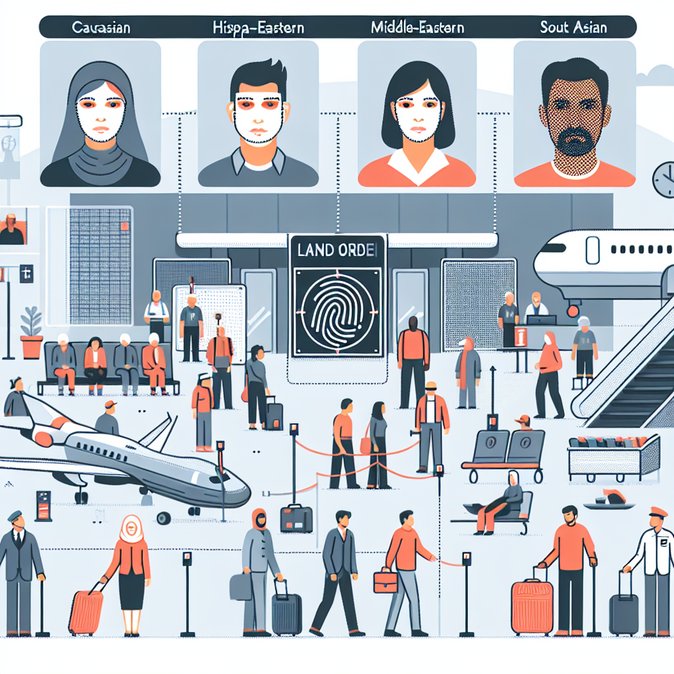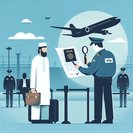
The Department of Homeland Security has published a final rule that will require U.S. Customs and Border Protection (CBP) to capture a facial image of every non-U.S. citizen— including Canadian nationals—whenever they enter or depart the United States by air, land or sea. The regulation, issued on October 28 and effective December 26, 2025, removes previous pilot-program limits and age exemptions, paving the way for nationwide deployment of facial-comparison kiosks and mobile cameras at all ports of entry.
CBP has tested facial recognition for nearly a decade; the agency says its algorithms now verify identities with 98 % accuracy in under two seconds. The final rule codifies that technology and fulfils a long-standing congressional mandate for a biometric entry-exit system to better detect visa overstays. U.S. citizens may continue to opt out, but foreign travelers—including green-card holders—will have their images collected and stored for up to 75 years, according to CBP’s privacy impact assessment.
For corporate mobility managers, the implications are twofold. First, international assignees from countries that previously enjoyed exemptions (notably Canada) should expect mandatory facial captures at pre-clearance facilities and land crossings beginning late December. Second, companies that rely on “trusted-traveler” programs like Global Entry should brief employees on potential lane adjustments during the rollout; some airports will reroute travelers to new biometric kiosks before admission.
Privacy advocates remain wary, citing risks of data breaches and algorithmic bias. DHS counters that facial templates are stored in a segregated system and are deleted from airline or airport servers within 12 hours. However, business travelers concerned about secondary inspections should ensure their passport photos match their current appearance; mismatches can trigger manual review and delays.
Airports are already upgrading infrastructure. Atlanta Hartsfield and Seattle-Tacoma will complete full biometric gates by mid-November, and several cruise ports in Florida are piloting handheld devices for facial exit. Mobility professionals should monitor port-specific announcements to adjust travel-time estimates for the holiday peak.
CBP has tested facial recognition for nearly a decade; the agency says its algorithms now verify identities with 98 % accuracy in under two seconds. The final rule codifies that technology and fulfils a long-standing congressional mandate for a biometric entry-exit system to better detect visa overstays. U.S. citizens may continue to opt out, but foreign travelers—including green-card holders—will have their images collected and stored for up to 75 years, according to CBP’s privacy impact assessment.
For corporate mobility managers, the implications are twofold. First, international assignees from countries that previously enjoyed exemptions (notably Canada) should expect mandatory facial captures at pre-clearance facilities and land crossings beginning late December. Second, companies that rely on “trusted-traveler” programs like Global Entry should brief employees on potential lane adjustments during the rollout; some airports will reroute travelers to new biometric kiosks before admission.
Privacy advocates remain wary, citing risks of data breaches and algorithmic bias. DHS counters that facial templates are stored in a segregated system and are deleted from airline or airport servers within 12 hours. However, business travelers concerned about secondary inspections should ensure their passport photos match their current appearance; mismatches can trigger manual review and delays.
Airports are already upgrading infrastructure. Atlanta Hartsfield and Seattle-Tacoma will complete full biometric gates by mid-November, and several cruise ports in Florida are piloting handheld devices for facial exit. Mobility professionals should monitor port-specific announcements to adjust travel-time estimates for the holiday peak.










